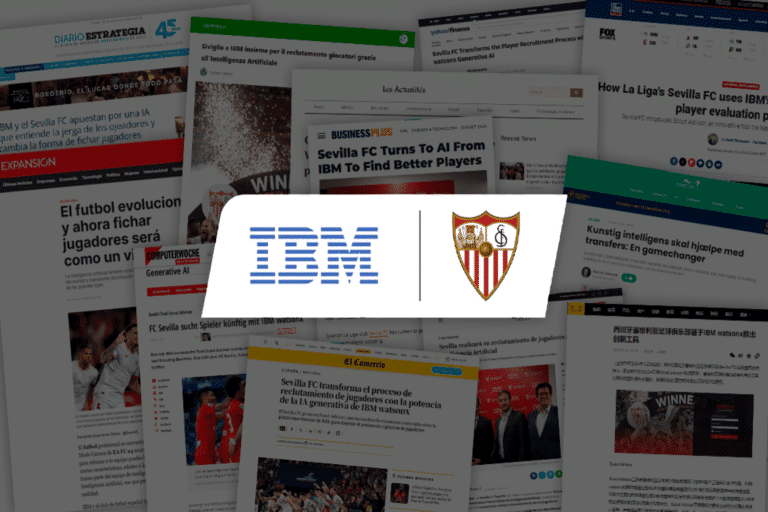There is a sport that is intergenerational, capable of stopping wars and played by gods. It is played in a pilgrimage site and in front of a massive audience. All eyes are on the twenty-two protagonists, who represent millions on a playing field. Prayers, prayers and cabals in the run-up to the game. During the match, tension. Joy, sadness, hugs and kisses to each other around a sacred cry, the goal, which moves a whole popular culture. In the end, the shirt does not get stained and the world knows it. When the game is over -and the match is over-, you have to think about the next one. The best are sought after and the demand is high. It is no longer a lie to say that football is an industry that moves and stirs passions... and millions. It is necessary to invest, but be careful not to neglect finances. Increasingly, strategy, the search for talent and the use of technology are gaining more and more prominence. Inside, you play with your feet; outside, you start to play with AI.
In Andalusia (Spain), football navigate in the AI
Sevilla FC had more than 200,000 scouting reports with various data such as height and weight, speed, number of goals or minutes played, as unstructured qualitative data. Faced with the challenge of how to export and optimise its use, a collaboration with IBM has emerged.
"Everything that can be measured on a football pitch, they already had," said IBM engineer Javier García-Samaniego for Neosmart Insights, during Think Madrid 2024.
In two months of work, a solution. It is called Scout Advisor.
"We knew we needed a generative AI to be able to process the text," said García-Samaniego, who has been part of the IBM team on this project. Two months of work transcribed into, first, understanding the typology of the data, reporting on the qualitative data, leveraging natural language processing and the foundational models of watsonx, to search and analyse massive amounts of information present in the club's existing databases to evaluate potential signings.
The solution's natural language processing (NLP) capabilities enabled the Andalusian team to use multiple large language models (LLMs) to help improve the accuracy and efficiency of its player identification. IBM engineers adapted the software to the language usage of Sevilla FC scouts who describe the key characteristics of the players being scouted. The AI tool now generates curated lists of candidates based on the established requirements and summarises the full set of reports for each individual player.
Can a moneyball be given within La Liga?





